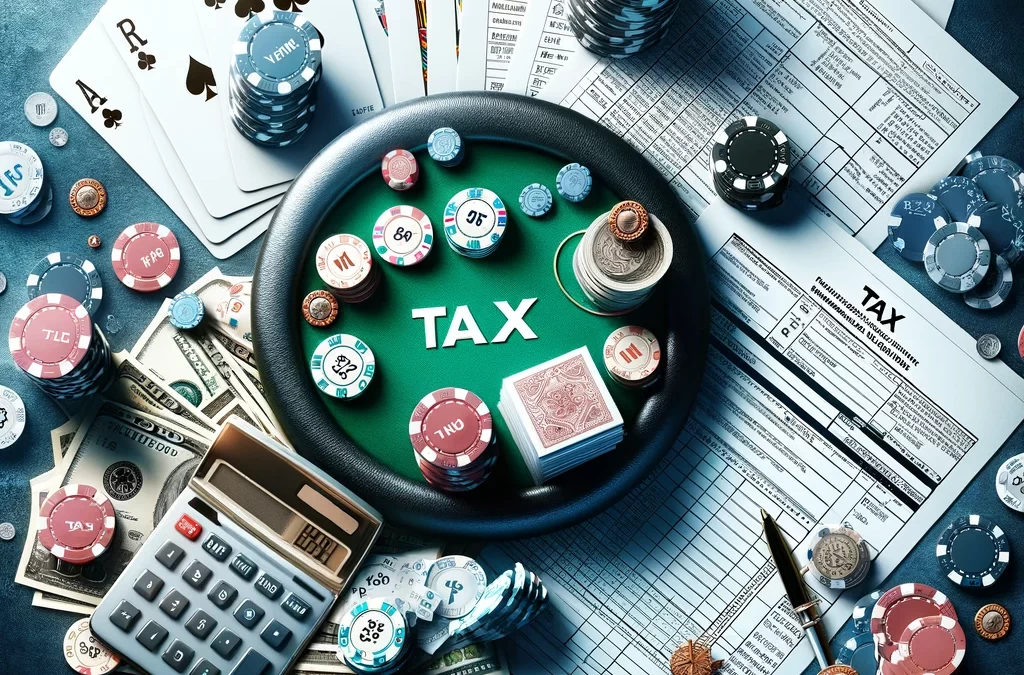Poker, a popular game both online and in casinos, can yield substantial earnings for successful players. However, these winnings are not just a subject to the luck of the draw; they’re also subject to taxation. This article explains why poker earnings are taxable and the importance of complying with these regulations.
Poker Earnings as Taxable Income
Tax Laws: In many countries, including the United States, income from gambling, including poker, is taxable. The government treats poker winnings as income, just like earnings from a job or other sources.
Reporting Requirements: Players are required to report their poker earnings when filing their tax returns. Failure to do so can result in penalties.
The Importance of Paying Taxes on Poker Winnings
Legal Compliance: Paying taxes on poker earnings is a legal requirement. Compliance ensures that you are not at risk of legal referrals.
Contribution to Public Services: Taxes contribute to public services and infrastructure, benefiting society as a whole.
Professional Recognition: For professional poker players, reporting and paying taxes on winnings legitimizes their earnings as a form of income.
Managing Tax Obligations
Record-Keeping: Keeping detailed records of wins and losses can help with accurate tax reporting.
Seek Professional Advice: Consulting with a tax professional can provide guidance specific to your situation, especially if poker is a significant source of income.
Conclusion
Understanding and complying with tax obligations is a crucial aspect of earning money through poker. Whether you play casually or professionally, it’s important to be aware of your tax responsibilities and manage your winnings accordingly.This article covers poker taxes with more precise figures.


